The Life Subscription Agency
THE LIFE SUBSCRIPTION AGENCY is a fictional bureau of the future. This playful research project seeks to speculate on the state of contemporary ownership and subscription, while provoking discourse over its relevance on society and the built environment.
An Initial Concept

Occupying the unoccupied present

De-territorialising the Party Wall
What do we really own?
In April 2018, Netflix reported that it had 125 million subscribers. Adobe CC, the cloud platform for designers and creative professionals also reported a similar figure in 2016. Spotify boasts over 75 million paid users streaming music through their platform. Subscription shopping is becoming increasingly popular, with ‘curated boxes’ containing anything from grooming kits, clothes and toys to pre-measured ingredients and recipes to meet your recommended daily calorie intake. Among familiar things like phone contracts, property, and our internet access we’re accelerating towards a future where anything can, and is, being subscribed to.
In April 2018, Netflix reported that it had 125 million subscribers. Adobe CC, the cloud platform for designers and creative professionals also reported a similar figure in 2016. Spotify boasts over 75 million paid users streaming music through their platform. Subscription shopping is becoming increasingly popular, with ‘curated boxes’ containing anything from grooming kits, clothes and toys to pre-measured ingredients and recipes to meet your recommended daily calorie intake. Among familiar things like phone contracts, property, and our internet access we’re accelerating towards a future where anything can, and is, being subscribed to.
Despite the opportunity for this model to drive the sharing economy in beneficial ways for both people and planet, many tech companies have used these practices purely for growth and economic gains which result in many exploitative and wasteful practices. Even things like bike sharing can easily become careless as a negligence of actual demand has created scenarios where cities have ‘graveyards’ of abandoned bikes that have barely been used.
In light of this, we believe that the concept of subscription requires re-interrogation. As companies emerge which begin to offer total subscription packages—which stretch into all aspects of life—we try to imagine not only ‘How can we share’, but rather strive to be the answer to ‘How can we share better?’
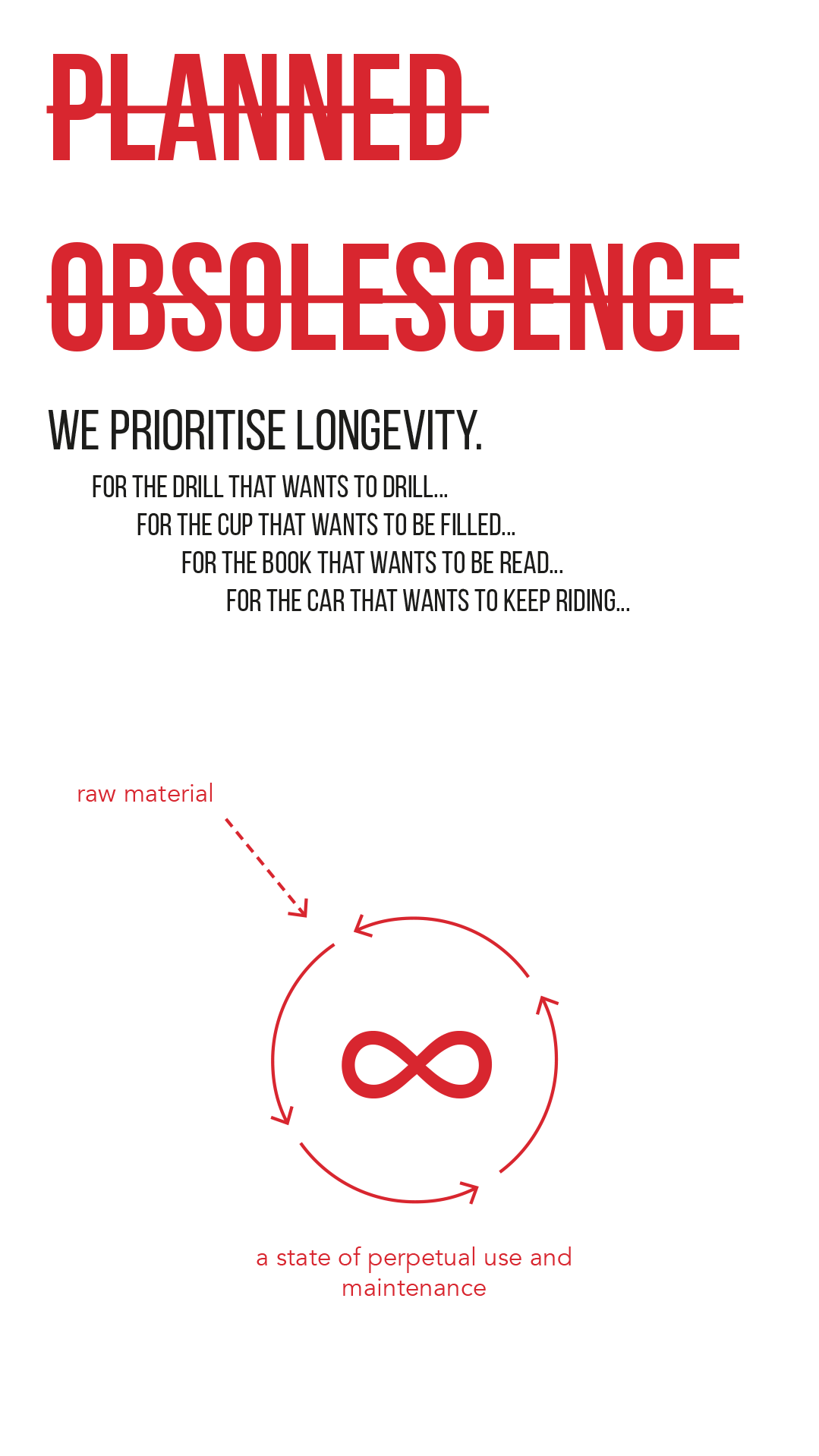
Establishing A Lasting Model for Sharing
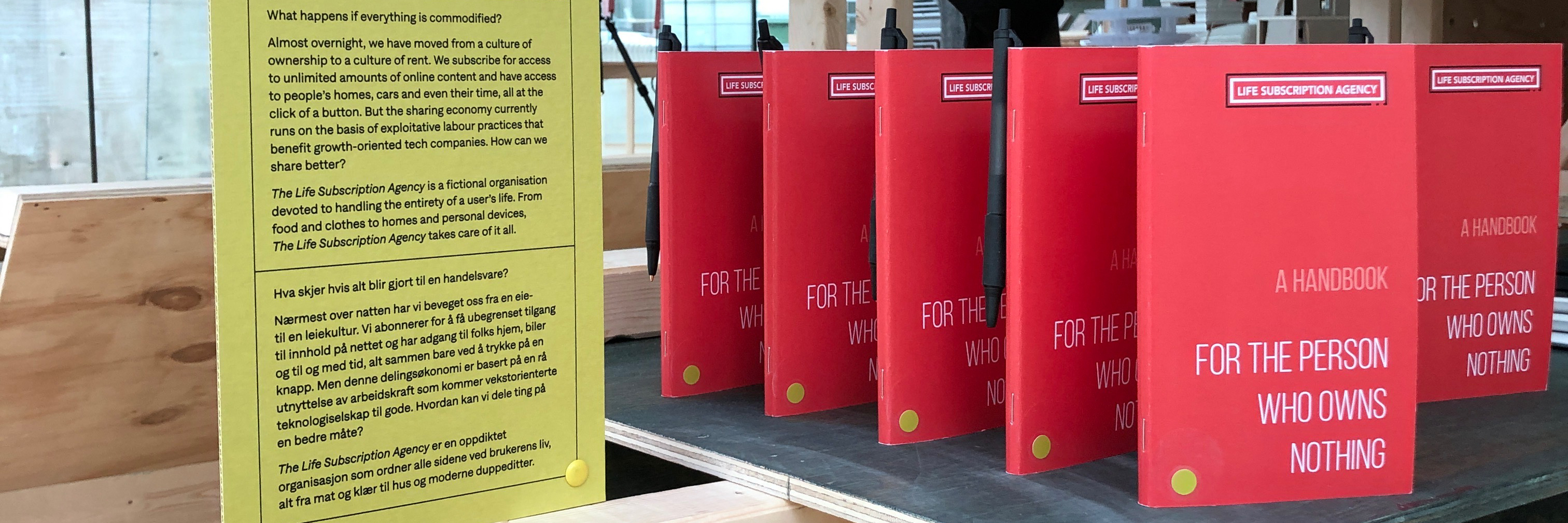
Participation in Oslo Architectural Triennale 2019
Things are made to have an end in their life. In order to maximise profit, goods are less durable so more quantity can be consumed. Despite sustainable methods of recyling and designing with the hope of a cradle-tocradle life, maybe we should understand that the things and objects we abandon are no longer useful to us but can still be useful to others?

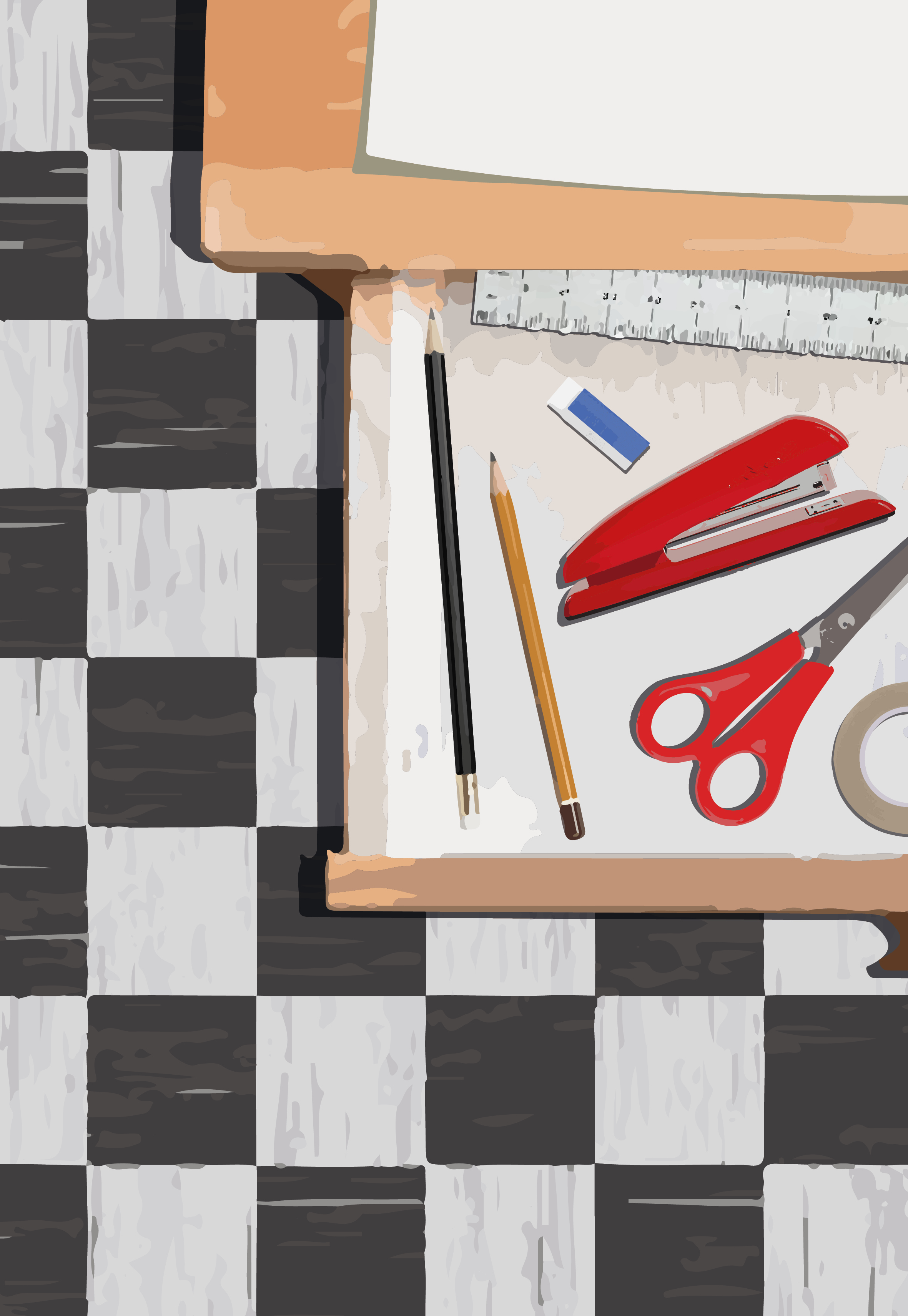

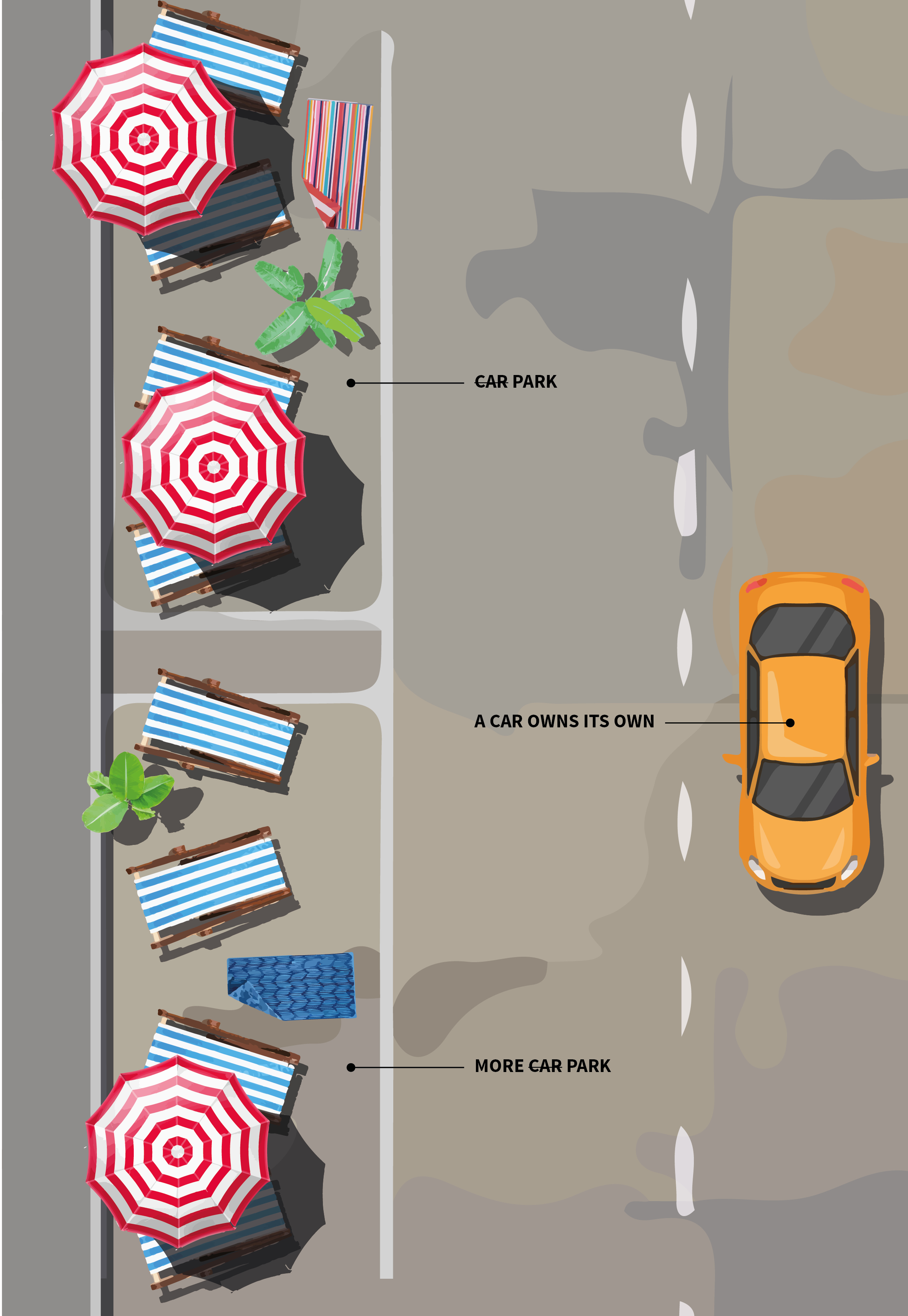
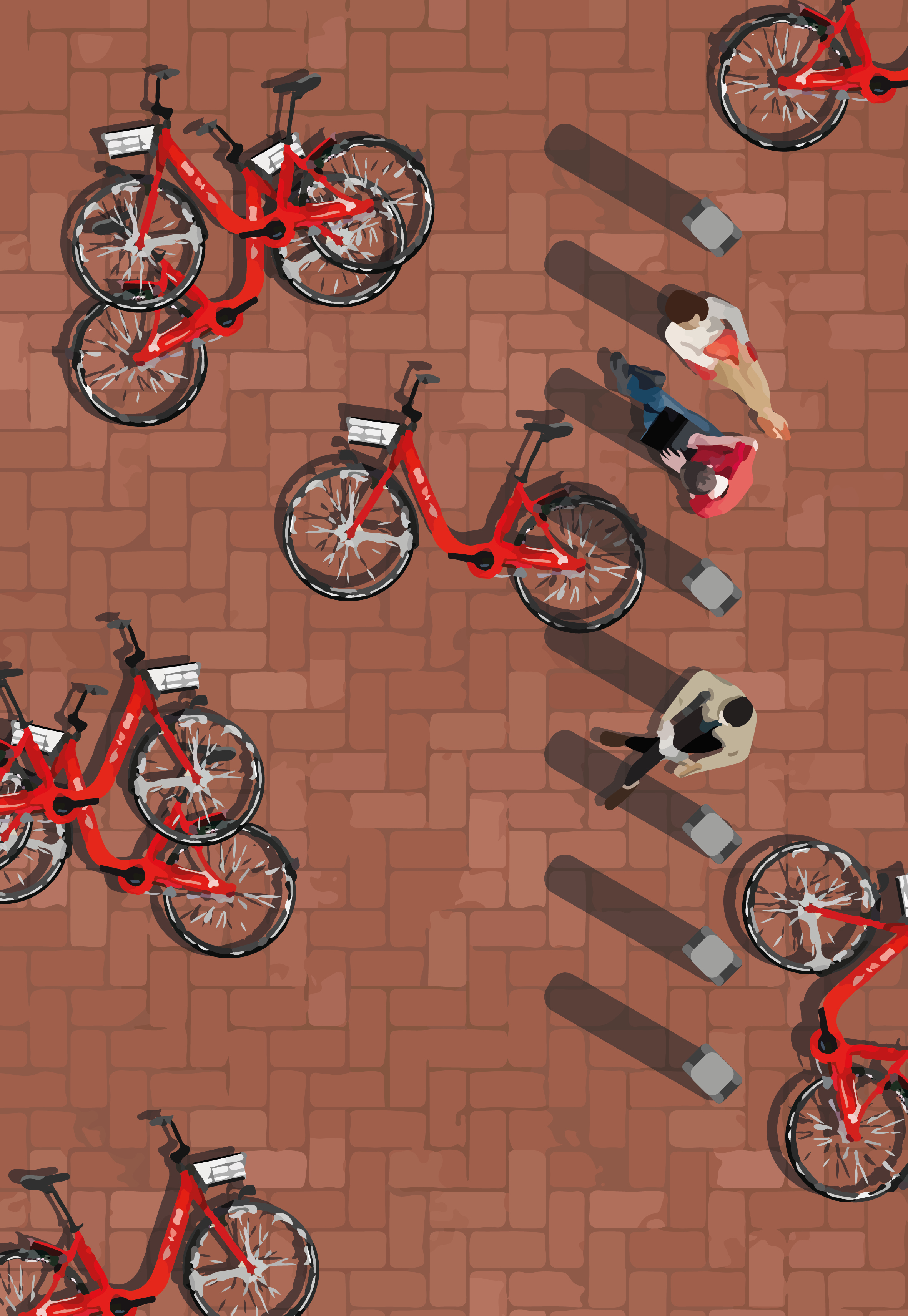


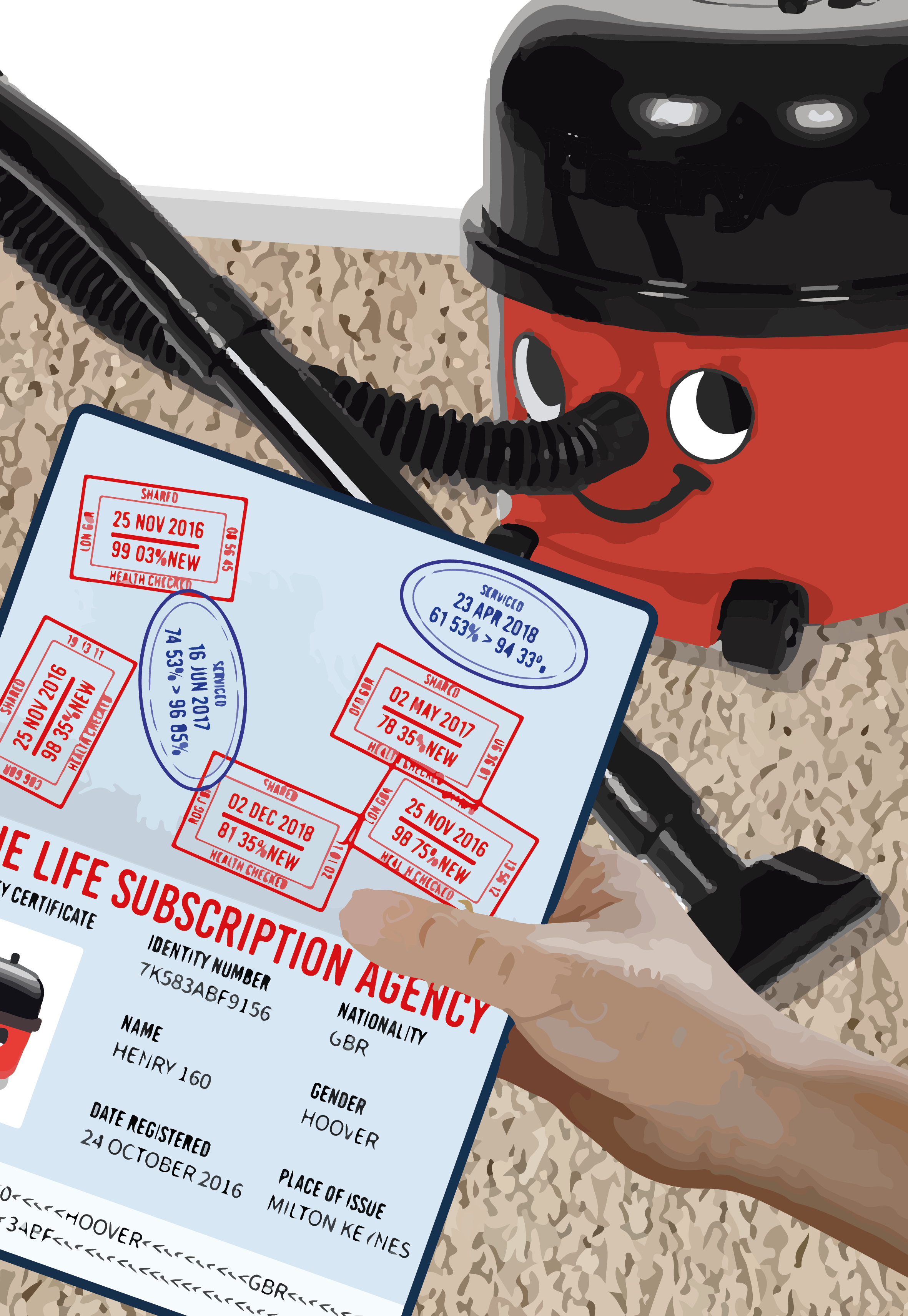
Re-using existing infrastructures are share points:






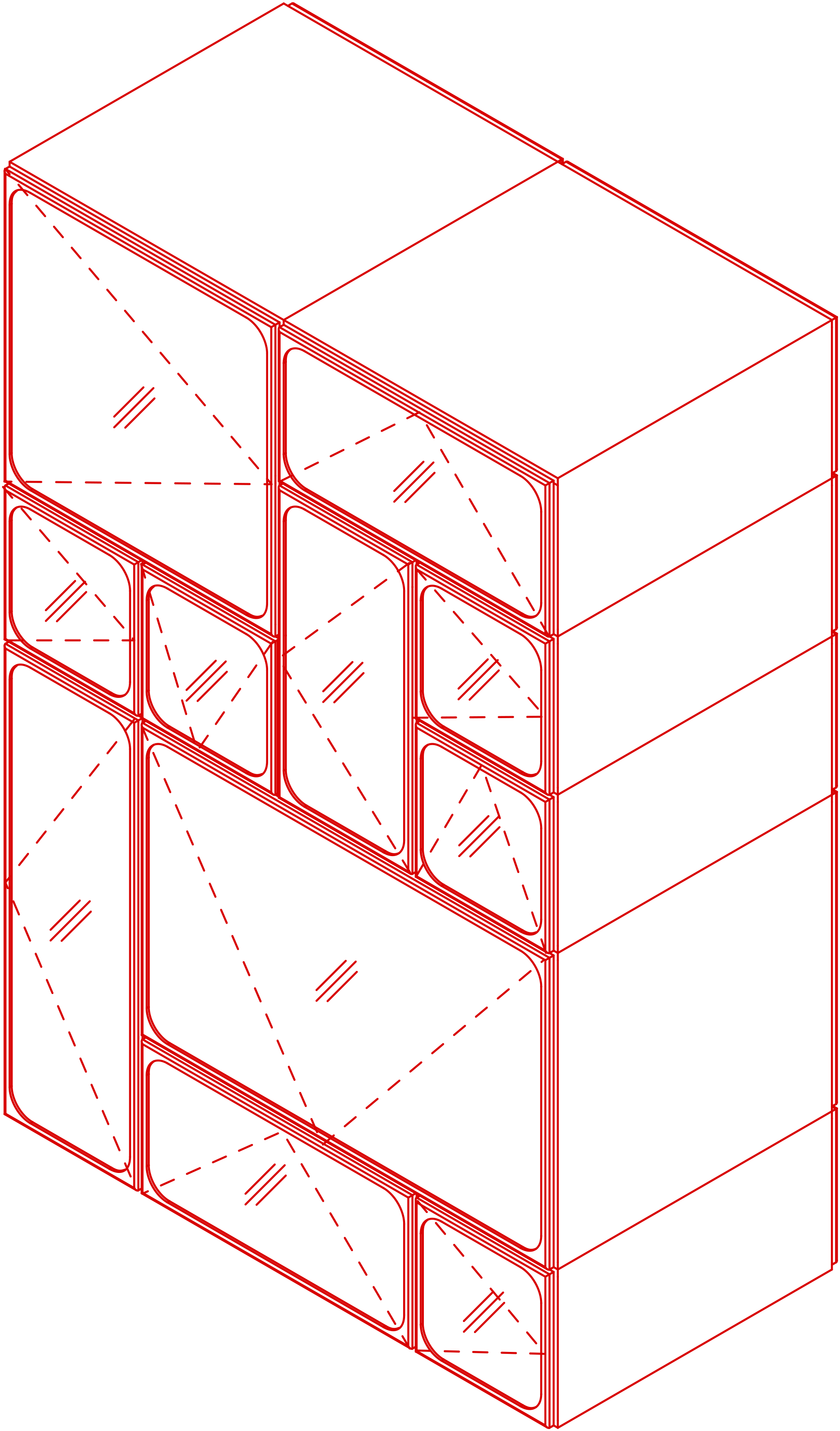
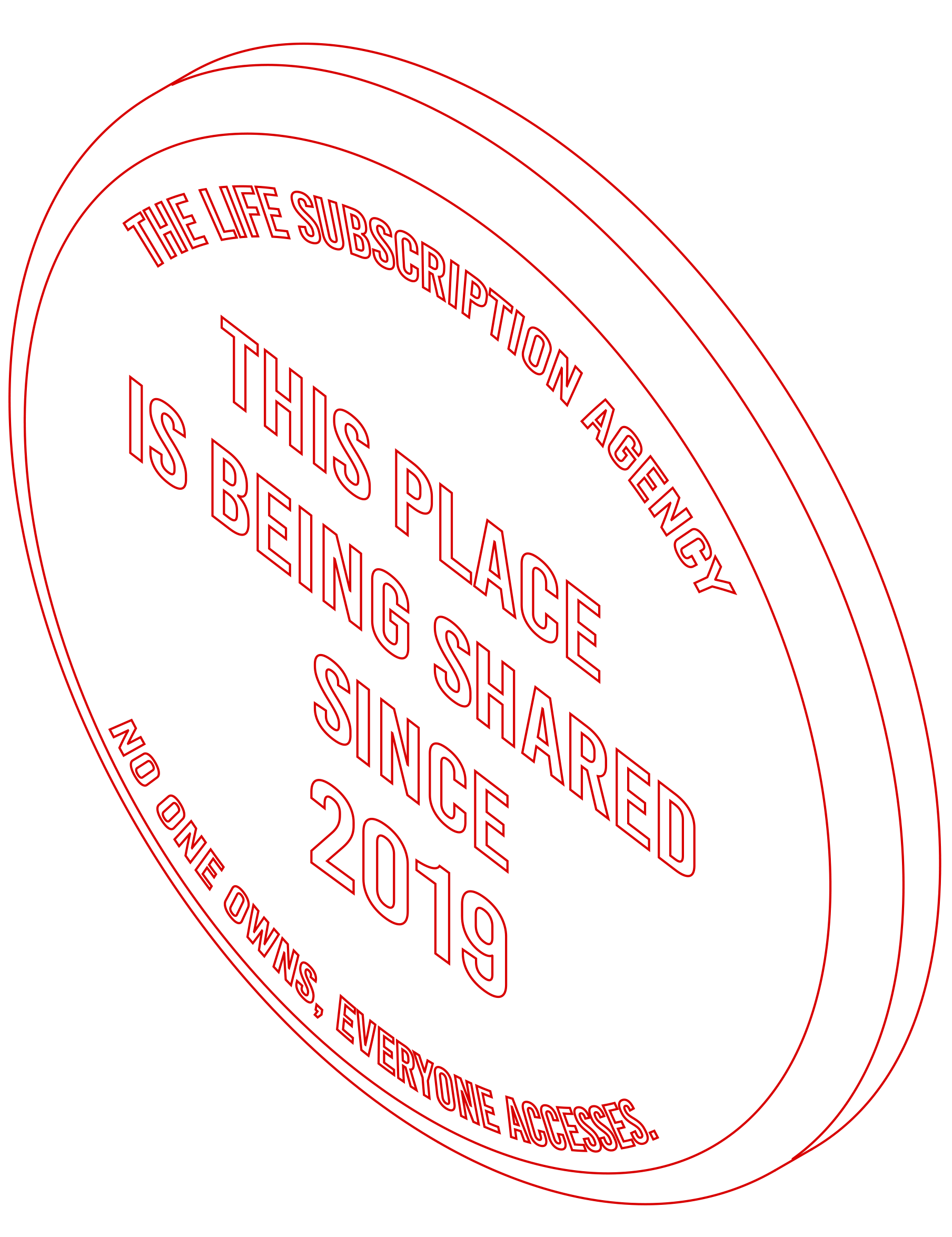


^in collarboration with Bamidele Awoyemi and Tzen Chia